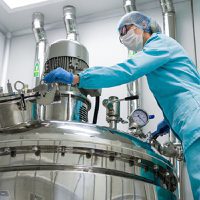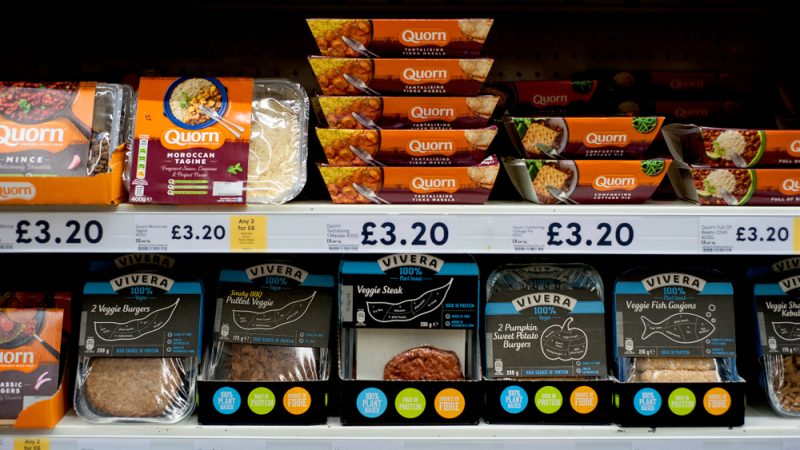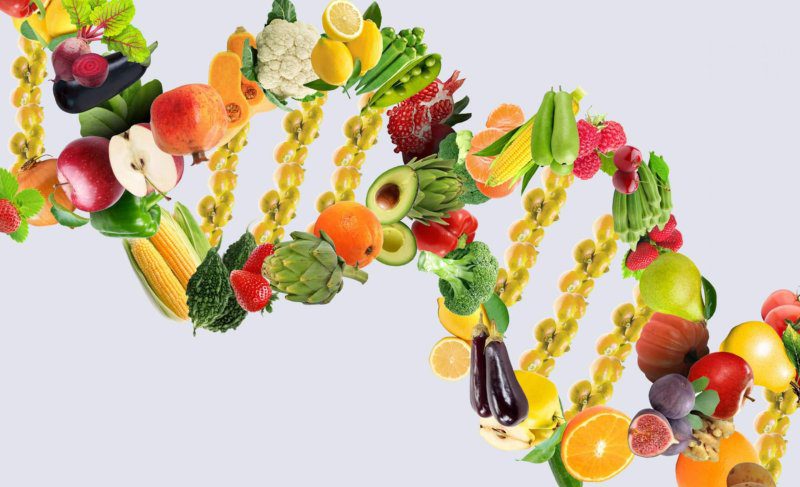New research proposes replacing half of the red meat consumption with microbial proteins would reduce deforestation and CO2 pollution by more than 80%.
Replacing 20% of beef and lamb consumption with proteins that reproduce the texture of meat could halve CO2 emissions by 2050 and deforestation caused by livestock farming, according to a study published this Wednesday ( 05.04.2022) by the journal Nature.
According to population growth and food demand projections, replacing half of the red meat consumption with so-called microbial proteins grown in stainless steel containers would reduce tree loss and CO2 pollution by more than 80%.

“With a relatively small change in ruminant meat consumption, greenhouse gas emissions from tropical deforestation can be quite small,” said study co-author Florian Humpenöder.
“It is an important contribution to achieving the goals of the Paris Agreement for the climate, with supplementary shared benefits for other durability goals,” he said.
At least three landmark climate reports have been published by the UN since August. These showed alarmingly that the fundamental objective of the text, that is to limit global warming to a level well below 2°C, is seriously threatened.
The global food system produces a third of greenhouse gas emissions, with beef production being the primary culprit in the agricultural sector.
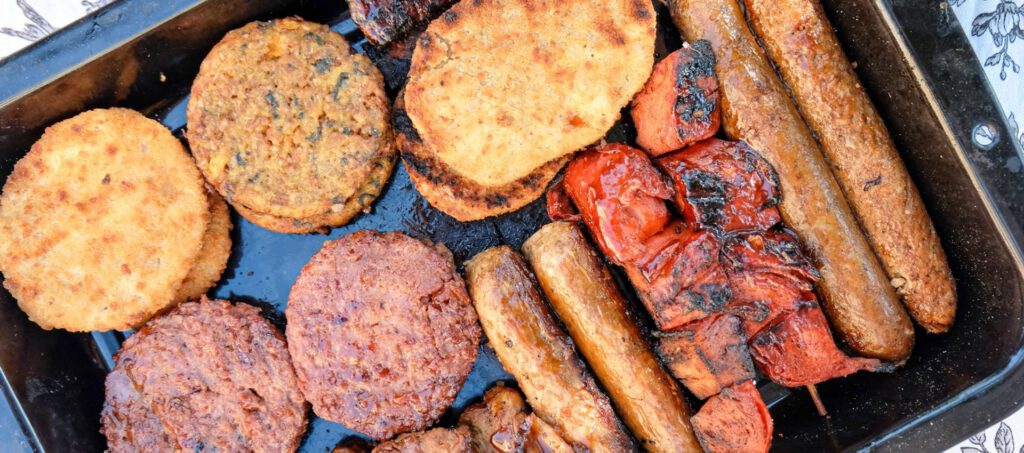
The bovine industry affects in two ways; On the one hand, it leads to the destruction of tropical forests (which capture C02), to make room for pastures and crops (soybeans, corn) destined to feed livestock. On the other hand, ruminants, mainly due to their intestinal meteorism, are a major source of methane, a greenhouse gas 30 times more powerful than CO2.
Microbial meat substitutes have been present in supermarkets for decades, but as the world struggles to find solutions to the climate crisis, these types of products are proving important for the future of the industry, according to market forecasts.
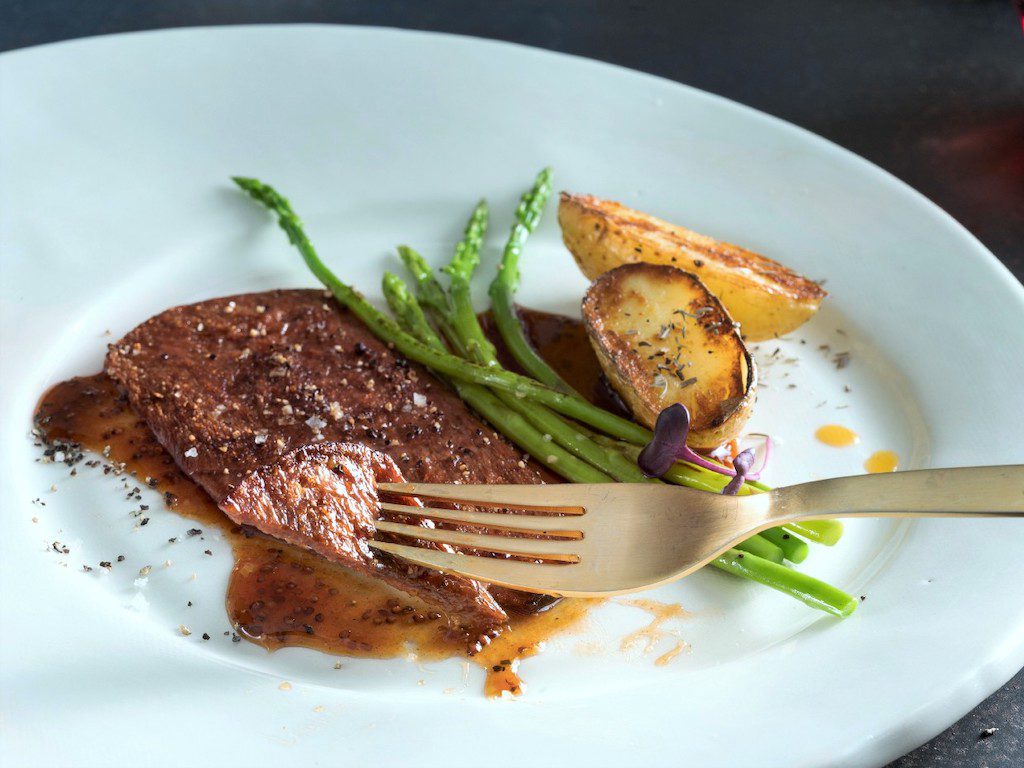
The artificial meat obtained by the cultivation of microbial or fungal cells undergoes a fermentation process, analogous to that of wine or beer. These cells feed on glucose – from sugar cane or beets, for example – to make protein, which means production requires cultivated land, but much less than for red meat, experts say.





